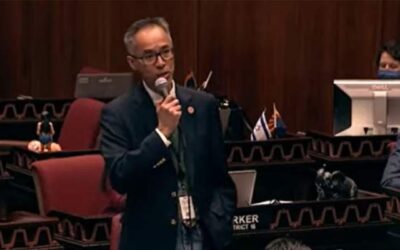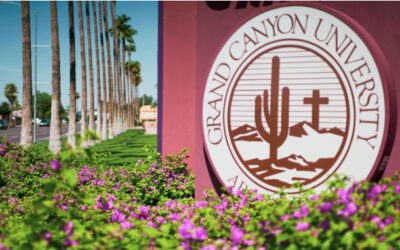By Terri Jo Neff |
Tuition for the next academic school year is going up at Arizona State University for all students, while tuition hikes at the University of Arizona and Northern Arizona University will hit mostly new students, according to the Arizona Board of Regents (ABOR).
On Thursday, the ABOR which oversee the state’s three public universities announced higher tuitions and housing costs for residents and non-residents during the 2022-23 school year. All except the UofA will also be increasing the cost of student meal plans.
“The board recognizes any increase in tuition has an impact on Arizona students and families, but we are pleased that the presidents’ proposals included only modest added costs in 2022-23,” ABOR Chair Lyndel Manson said of the hikes. “The proposals demonstrate the joint commitment of the presidents to prioritize Arizona, access and quality while shielding resident students to the greatest extent possible from extraordinary inflationary cost pressures.”
The ABOR’s announcement means existing and new resident students at ASU will be paying 2.5 percent more than this year’s tuition. That works out to $10,978 for undergrads who are Arizona residents and $12,014 for graduate in-state resident students
ASU students who are not residents of Arizona will experience a 4 percent tuition hike, while the ABOR approved a 5 percent hike for international students at ASU. Online students registered at ASU will also notice a 2 percent increase in the cost of each credit hour.
At the UofA, resident students currently in the Guaranteed Tuition Program will not see tuitions go up, but incoming freshman and undergrads whose tuition is not guaranteed will pay $11,535 per year, a two percent increase. UofA grad students who are residents will pay $12,348, which is also up 2 percent.
Non-resident new students and non-resident existing students who are not in one of UofA’s guarantee tuition program will see tuition rates jump 5.6 percent. Different tuition rate increases are being implemented for the UofA’s College of Medicine and College of Veterinary Medicine students.
Meanwhile, incoming freshman and graduate students at NAU will be hit with a 3.5 percent tuition increase to $11,024 and $11,390 respectively. The rate boost applies to resident and non-resident students.
Undergraduate course fees at NAU will also be changing for the 2022-23 year. Meanwhile, international students at NAU will experience the biggest tuition hike among the three universities, with increases of 7.2 to 7.4 percent.
But that is not the only economic impact students at Arizona’s public universities will have to contend with for the 2022-23 school year. The ABOR has upped its housing costs between 3 and 3.5 percent at all three universities.
Any students seeking to utilize a university’s meal plan will also have to fork over more money during the next school year. In addition, ABOR also boosted some mandatory student fees.
According to the ABOR, a person must be able to prove “continuous physical presence in Arizona for at least 12 months immediately preceding the semester of application” to be eligible for resident tuition.








